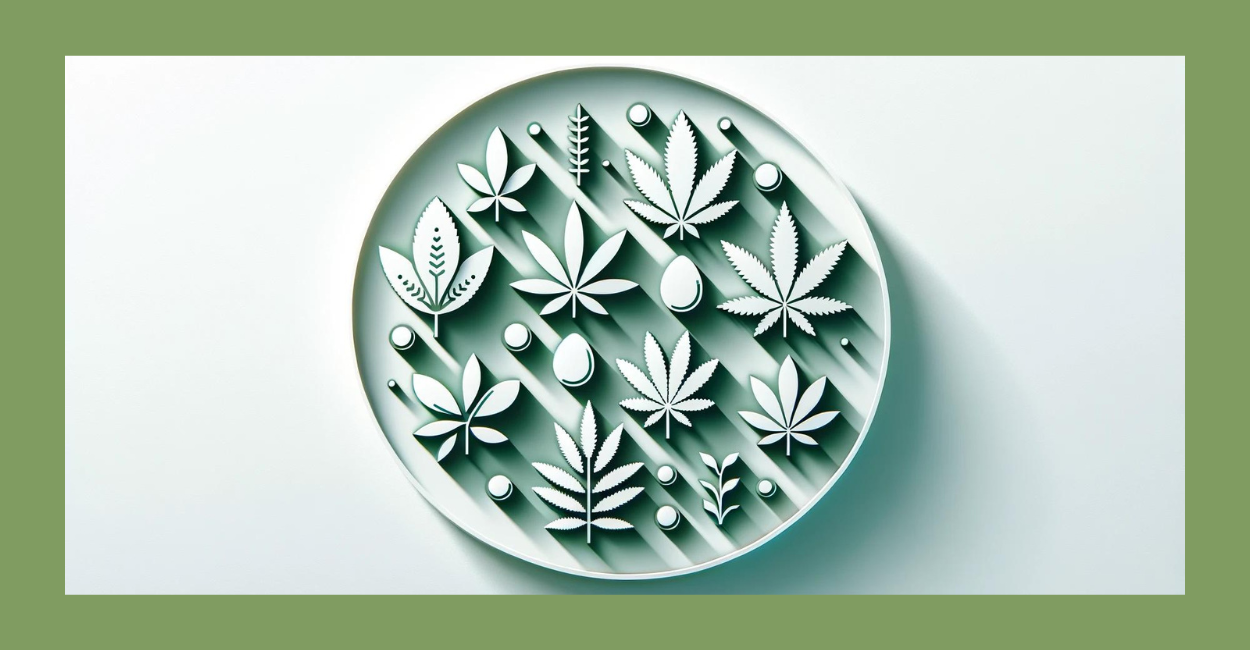Discover the most popular marijuana seeds of all time and delve into the fascinating world of cannabis cultivation. In this article, we present the most significant strains that have been optimized through years of breeding and crossbreeding to meet the diverse demands and tastes of growers and users alike.
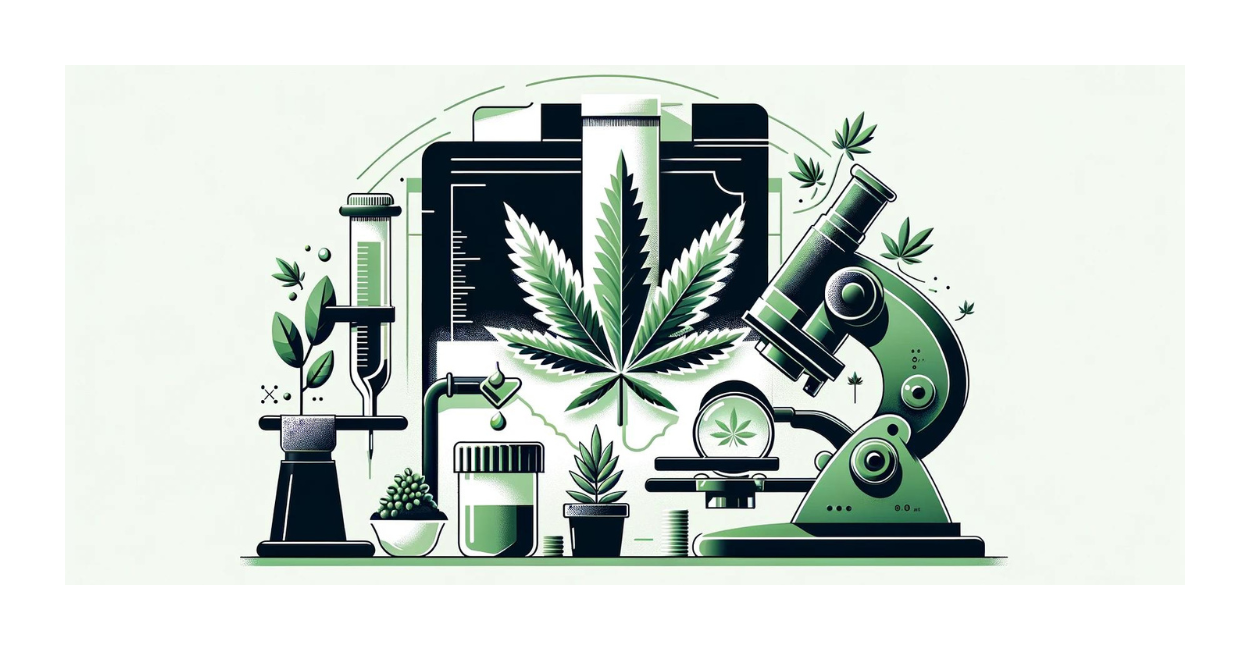
The Development of Marijuana Seeds
From the first hybrids to modern third-generation autoflowering strains, many breeders have invested their time and effort to perfect cannabis seeds. As discussed in our articles on Hemp: Cannabis Sativa, Indica & Co, Cannabis Sativa was originally a highly heterogeneous plant, adapted to different climate and environmental conditions.
The first breeders selected and crossbred strains to improve attributes such as flowering time, height, productivity, potency, taste, and aroma. By crossing marijuana strains from different parts of the world, they created robust hybrids that form the basis of today’s diverse cannabis family.
Since growing marijuana is illegal in many parts of the world, many growers must cultivate their favorite plant indoors. Therefore, the initial work with marijuana seeds focused on reducing their height and flowering time.
This category might provide clarity:
Buy Marijuana Seeds
Strains that truly behave like champions:
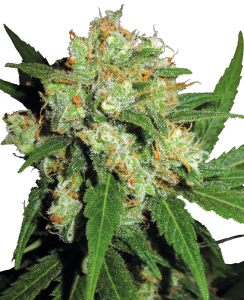
Skunk #1 from Sensi Seeds
This strain, which has changed the face of Cannabis Culture 420 worldwide, is essential for subsequent crosses to create new varieties. Through generations of intense selection and crossbreeding, the best Skunk specimens were stabilized, leading to the first hybrid suitable for indoor cultivation.
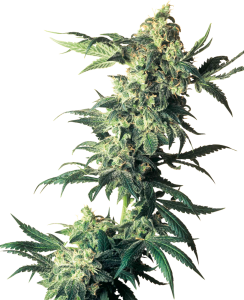
Northern Lights from Sensi Seeds
This primarily Indica plant was the absolute winner of the High Times Cannabis Cup in 1990. It was also awarded as the best Indica in the 1988 and 1989 editions. It is excellent for Home Grow and has many advantages over other plants: short stature, few leaves, fast flowering, and very high resin production.
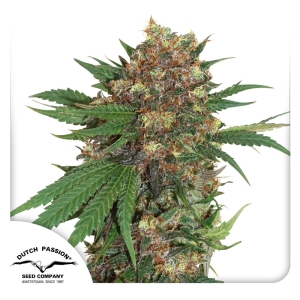
Master Kush from Dutch Passion
Originally known as high-rise, this plant was developed in the Bijlmer district of Amsterdam in the south of the city. Both coffeeshop owners and customers fell in love with this unique tetraploid variety (with twice as many chromosomes as normal). It blooms in just 8 weeks and delivers a more than acceptable yield indoors.
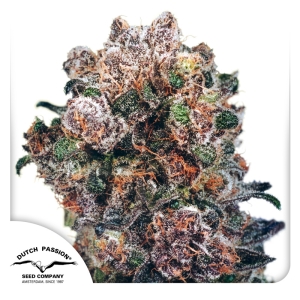
Blueberry from Dutch Passion
This genetics was originally developed by Dj Short, although the Dutch bank was the first to offer it in a feminized version. It is a variety characterized by the blueberry taste of its flowers. In its development, genes of an Afghan strain were incorporated into a cross between two Thai strains: Purple Thai and Highland Thai.
The Most Popular Sativas
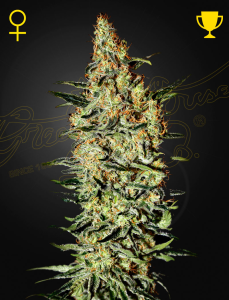
Neville’s Haze from Green House Seed
This strain got its name from the famous breeder who developed it from haze genetics and 25% Indica to shorten its flowering time. It has a very strong psychoactive effect due to its high THC concentration (up to 22.5%), balanced with low CBD content.
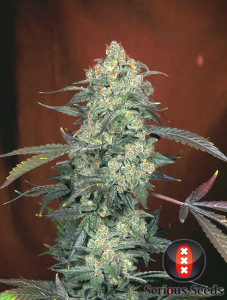
AK-47 from Serious Seeds
This is mainly a Sativa polyhybrid, developed in 1992 from four different marijuana families: Mexican, Colombian, Thai, and Afghan. Although it is mainly Sativa, it is ready for harvest after only 10 weeks of flowering.

G13 Haze from Barneys Farm
This Sativa-dominant hybrid is a cross developed from a G13 with a Hawaiian Sativa, known for its great production and strong effects.
The journey through the world of the most popular marijuana strains highlights the incredible diversity and advanced breeding behind each variety. From classic strains like Skunk #1 and Northern Lights to modern wonders like G13 Haze and AK-47, the passion and expertise of breeders are evident. These strains have not only shaped cannabis culture but also offer a range of flavors, aromas, and effects that cannabis consumers worldwide appreciate and enjoy. The continuous development of new strains promises an exciting future for cannabis enthusiasts and medical patients alike, seeking specific therapeutic effects.

Short- and Long-Term Effects
The marijuana plant, native to Central and South Asia, contains the psychoactive compound tetrahydrocannabinol (THC). Marijuana has been consumed since 10,000 BC. Hemp refers to the fiber and various varieties of Cannabis Sativa and is used in the textile industry, food production, and construction.
Did You Know?
Marijuana contains over 400 chemical compounds, including THC, CBD, and other cannabinoids, which affect the central nervous system. These compounds interact with the body's endocannabinoid system, which plays a role in regulating sleep, mood, appetite, and pain sensation.
The first use of marijuana can lead to dilated pupils, red eyes, dry mouth, and rapid heartbeat, often accompanied by coordination disorders and drowsiness. This state is often referred to as a "cannabis binge."
14.8% of emergencies due to illegal substances are attributed to marijuana, often characterized by anxiety and panic attacks, especially among inexperienced users.
Regular use of marijuana can lead to addiction and memory loss. THC can remain in the body for up to 21 days and have cumulative effects.
Studies have shown a link between marijuana and psychotic episodes, anxiety, hallucinations, and schizophrenia in genetically predisposed individuals.
Risk of Lung Cancer from Smoking Marijuana
Marijuana smoke contains cell-damaging components that can burden the respiratory tissue, similar to tobacco smoke. The lungs are not designed to process such substances.
Interestingly, THC in marijuana also contains substances that can inhibit tumor growth. Nevertheless, the risk of developing lung cancer from smoking marijuana is statistically up to five times higher than for non-smokers.
This increased risk results from the method of consumption. A typical "joint" has no filter, and the inhalation of marijuana is often longer and deeper than with conventional cigarettes. This leads to a higher intake of tar and carbon monoxide, both potentially carcinogenic substances.
As an alternative to smoking, methods such as cannabinoid vaporizers have been developed, as well as consuming marijuana in the form of oils or edible products like brownies or muffins.
Is Marijuana the Most Addictive Drug?

Photo by Damian Barczak on Unsplash
According to "The Science of Marijuana" by Leslie L. Iverson, an expert in pharmacology, only 9% of people who try marijuana become addicted. In comparison, 32% of tobacco users, 23% of heroin users, 17% of cocaine users, and 15% of alcohol users develop an addiction.
Legal Use – Global Perspectives
The laws regarding the consumption, possession, cultivation, and trade of marijuana vary widely around the world, from severe penalties to legalization. Discover high-quality marijuana seeds for your cultivation projects.
In Germany, the cultivation of cannabis was recently legalized, opening up new possibilities for private and commercial growers. This is a significant step towards the regulated and safe use of cannabis.
Disclaimer
This website's content is for informational use only and should not be considered medical or legal advice. Always consult a healthcare professional for health-related issues. Be aware of local regulations regarding cannabis cultivation. We are not liable for any actions taken based on this information.

